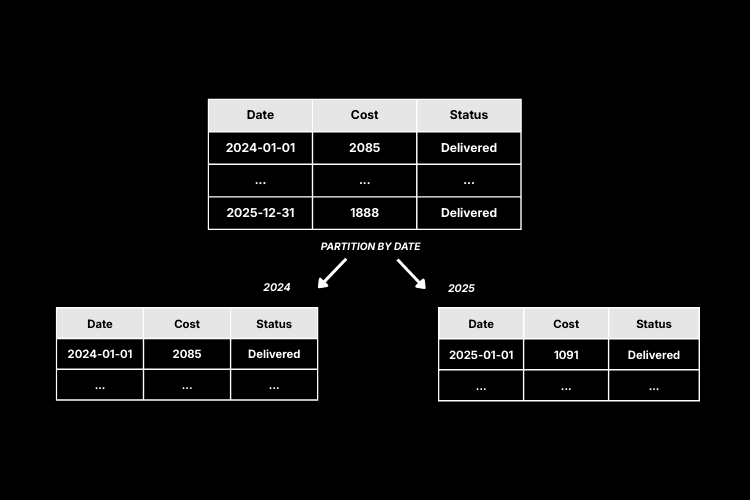New Connector: Sync Notion Data to Your Warehouse
We’re excited to launch our newest integration: Notion, the all-in-one workspace for notes, docs, databases, and collaboration. With this connector, you can now sync Notion data directly into your data warehouse using Weld. That means Notion pages, metadata, and activity can all be analyzed alongside your CRM, finance, and product data.
Why connect Notion to your data warehouse?
Notion is where modern teams document knowledge, plan projects, and manage workflows. But until now, it’s been hard to get that data into your analytics stack without custom scripts or third-party hacks.
With Notion in your warehouse, you can:
- Analyze documentation usage, growth, and engagement
- Track project progress and task completion
- Correlate Notion activity with onboarding, retention, or delivery outcomes
- Monitor collaboration trends and team knowledge contributions
- Identify documentation gaps or outdated content
⚙️ How to Set It Up

Step 1 – Authenticate Notion
In the Weld app:
- Click "Add new datasource"
- Select "Notion"
- Authenticate your workspace
Step 2 – Select Your Data
- Choose the tables you want to sync (e.g., pages, databases, properties)
- View schemas, remove columns, or hash sensitive fields as needed
Step 3 – Configure the Sync
- Set your sync frequency (hourly or daily)
Weld handles the rest, reliably and securely.
📁 Available tables
When you connect Notion to Weld, you get access to:
data_sourcedata_source_propertydatabasepagepage_property
These tables give you structured access to Notion's data model, including content, metadata, and relationships. Perfect for joining with operational datasets or exploring in your BI tools.
Use Cases
Notion supports more than just documentation. Here's what teams are building and tracking:
- Product Teams: Track project specs, release notes, and status updates. Analyze backlog velocity, documentation completeness, or feature rollout timelines.
- Customer Success & Support: Use onboarding guides, playbooks, and client notes. See which docs reduce ticket volume or improve CSAT.
- Marketing Teams: Plan campaigns, publish content calendars, manage creative assets. Evaluate how documentation supports cross-team collaboration.
- Engineering Teams: Maintain runbooks, internal tools guides, and architecture overviews. Monitor which docs get used most and where updates are needed.
- HR & Operations: Document policies, handbooks, and onboarding checklists. Track how often these resources are accessed or updated.
You can also:
- Spot underutilized documentation or identify content decay
- Highlight who contributes most to shared knowledge
- Build dashboards to measure doc growth by team or topic
Get Started
The Notion connector is live and available to all Weld users.












